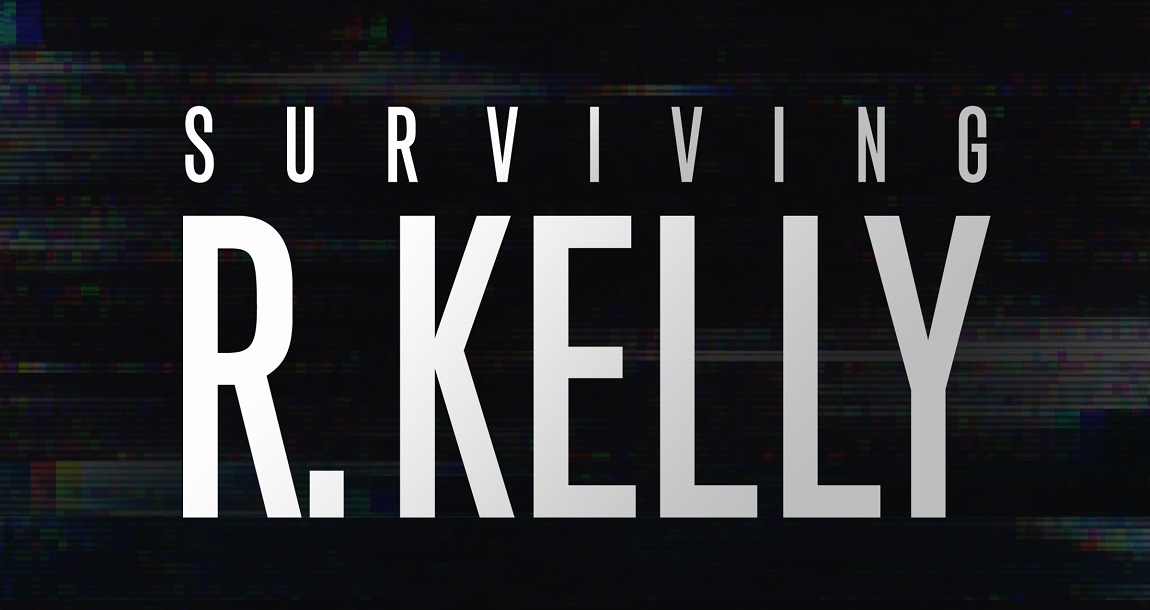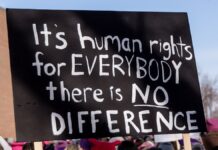It should be impossible that R. Kelly survived the myriad allegations of abuse leveled against him. But he did. Twenty-five years later, his survivors are speaking up about him in Surviving R. Kelly, the six-part docuseries detailing the allegations against him. The series first premiered on Lifetime in the United States generating over 18 million views and an explosive response. The documentary will be broadcasted in South Africa on 6 February too, and it’s a must-watch.
Surviving R. Kelly is everything you expect it to be: shocking, gut-wrenching, appalling, grotesque. It lays out every scandal that Kelly was embroiled in, and that he wormed himself out of.
Kelly survived in 1994 when news broke out that he had illegally married 15-year-old R&B singer Aaliyah. He was 27 at the time. The musician withstood multiple lawsuits against him by young women who accused him of coercing them into sexual relationships when they were underage. In 2008 he stood on trial for child pornography, and still he preserved. Most recently, in 2017, reports surfaced that he was holding young women captive in what witnesses called an abusive and “cult-like” atmosphere. Kelly has yet to be held accountable for his actions.
Instead, he has strongly denied these allegations and persisted. But the reaction to the documentary might change all that.
In it, multiple women who say they escaped Kelly’s “cult” speak out. There are, too, interviews with members of Kelly’s inner circle including his crew, bodyguards and people from the music industry. Both John Legend and Chance the Rapper appeared in the series to denounce Kelly.
R. Kelly coerced hundreds of underage girls into having sex with him. And it was dead easy. We live in a society that wraps an invincibility cloak around the celebrity. Watching this docuseries is an eye-opening look into how the cult of celebrity enables abusers like Kelly.
Popular culture is filled with screaming teenage girls who are the epitome of what it means to be a fangirl. These girls fill every concert room, crying and ecstatic to meet with their stars. They dream of being famous, they worship at the altars of their favs. And it’s exactly this kind of fangirl and innocent part of fan culture that Kelly exploits and abuses.
As it stands, multiple radio stations, mainly in the US, have said that they are boycotting Kelly. Lady Gaga apologised for collaborating with him and removed their song from streaming sites. His label reportedly dropped him, and authorities have reportedly opened a new criminal investigation against him.
In the wake of the #MeToo movement which gripped headlines for the past two years, it seems that there has been a shift in public consciousness. But the real test is to see what will happen after this. The real test will be to see whether public outrage is enough.
It’s important too that South Africa exposes itself to this content.
South Africa and #MeToo
It’s true that the #MeToo movement seemed to have skipped South Africa. However, we are no strangers to conversations about gender-based violence and abuse.
What’s different about Surviving R. Kelly is the medium. South Africans have read the accounts of survivors of sexual violence, but we have never seen it. It’s difficult to escape from the sincerity of the witnesses in Surviving R. Kelly. The documentary forces viewers to confront the effects of abuse and the way the abuser transcends them. Besides, the American context is easily translatable.
“A lot of the stories that came out are so relevant, the types of stories that came out are very true to the types of cases I’ve dealt with,” gender activist Rosie Motene said. Motene was speaking to The Daily Vox at a media screening of Surviving R. Kelly at the DSTV headquarters in Randburg. But as a survivor herself, Motene said, “it’s not an easy watch.”
There’s no doubt that the series can be triggering for survivors. The accounts are detailed, the scenarios are violent. But it’s still an important watch. Surviving R. Kelly opens up important conversations around power, consent, toxic masculinity, and abuse. These are conversations that we need to continue to have.
“We need to change the ideologies of our communities and families,” Motene said. We cannot continue to blame the survivor, we need to hold perpetrator accountable, Motene added.
Perhaps one of the most important things this documentary can show us that we need to believe and affirm survivors. If we believe and affirm survivors we can change the effects of sexual violence. We can become a supportive society which would enable more survivors to come forward and feel validated and seek the help they need.
As Motene said, perhaps it can encourage our local film industry to take up similar projects. If our film industry joins forces with our NGO sectors, we can create content that will aid us in the fight against sexual violence.
South Africa has, undoubtedly, a long way to go in the eradication of gender-based violence and sexual abuse. Bringing conversations like these in the mainstream in a start.
The docuseries will be available to South Africa on DSTV’s Crime And Investigation channel 170 on Wednesday 6 February at 20:00.









